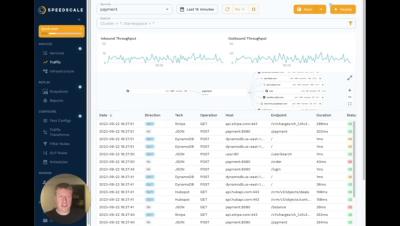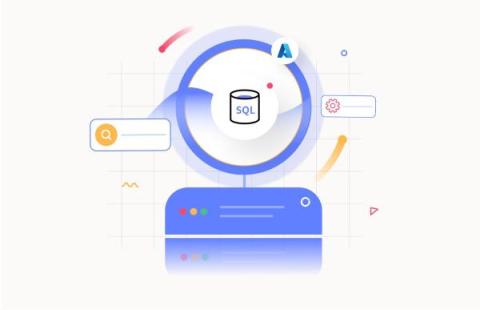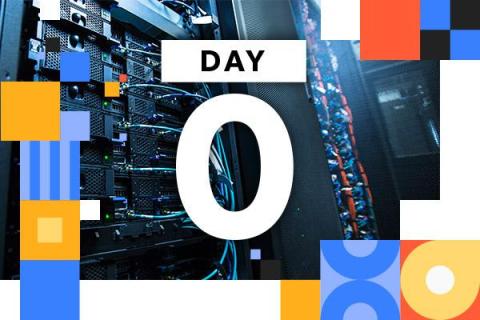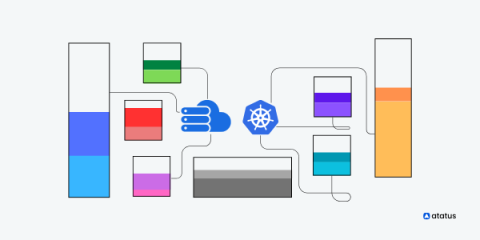Operations | Monitoring | ITSM | DevOps | Cloud
DevOps
The latest News and Information on DevOps, CI/CD, Automation and related technologies.
Azure SQL Database monitoring
Build a CIS hardened Ubuntu Pro server image on the AWS Console
Heroku Monitoring: What To Look For In Your Addons
Heroku is a cloud-based platform that supports multiple programming languages. It functions as a Platform as a Service (PaaS), allowing developers to effortlessly create, deploy, and administer cloud-based applications. With its compatibility with languages like Java, Node.js, Scala, Clojure, Python, PHP, and Go, Heroku has become the preferred choice for developers who desire powerful and adaptable cloud capabilities.
10 Best Internal Developer Portals to Consider in 2023
Day 0 Configuration: Building Long Term Success Beyond Server Provisioning
Speed up your Team by Moving your Development Environments to Kubernetes - Civo Navigate NA 2023
Why Unit Cost Must Be Your North Star Metric In The Cloud
AI adoption for software: a guide to learning, tool selection, and delivery
This post was written with valuable contributions from Michael Webster, Kira Muhlbauer, Tim Cheung, and Ryan Hamilton. Remember the advent of the internet in the 90s? Mobile in the 2010s? Both seemed overhyped at the start, yet in each case, fast-moving, smart teams were able to take these new technologies at their nascent stage and experiment to transform their businesses. This is the moment we’re in with artificial intelligence. The technology is here.
Optimizing Workloads in Kubernetes: Understanding Requests and Limits
Kubernetes has emerged as a cornerstone of modern infrastructure orchestration in the ever-evolving landscape of containerized applications and dynamic workloads. One of the critical challenges Kubernetes addresses is efficient resource management – ensuring that applications receive the right amount of compute resources while preventing resource contention that can degrade performance and stability.











